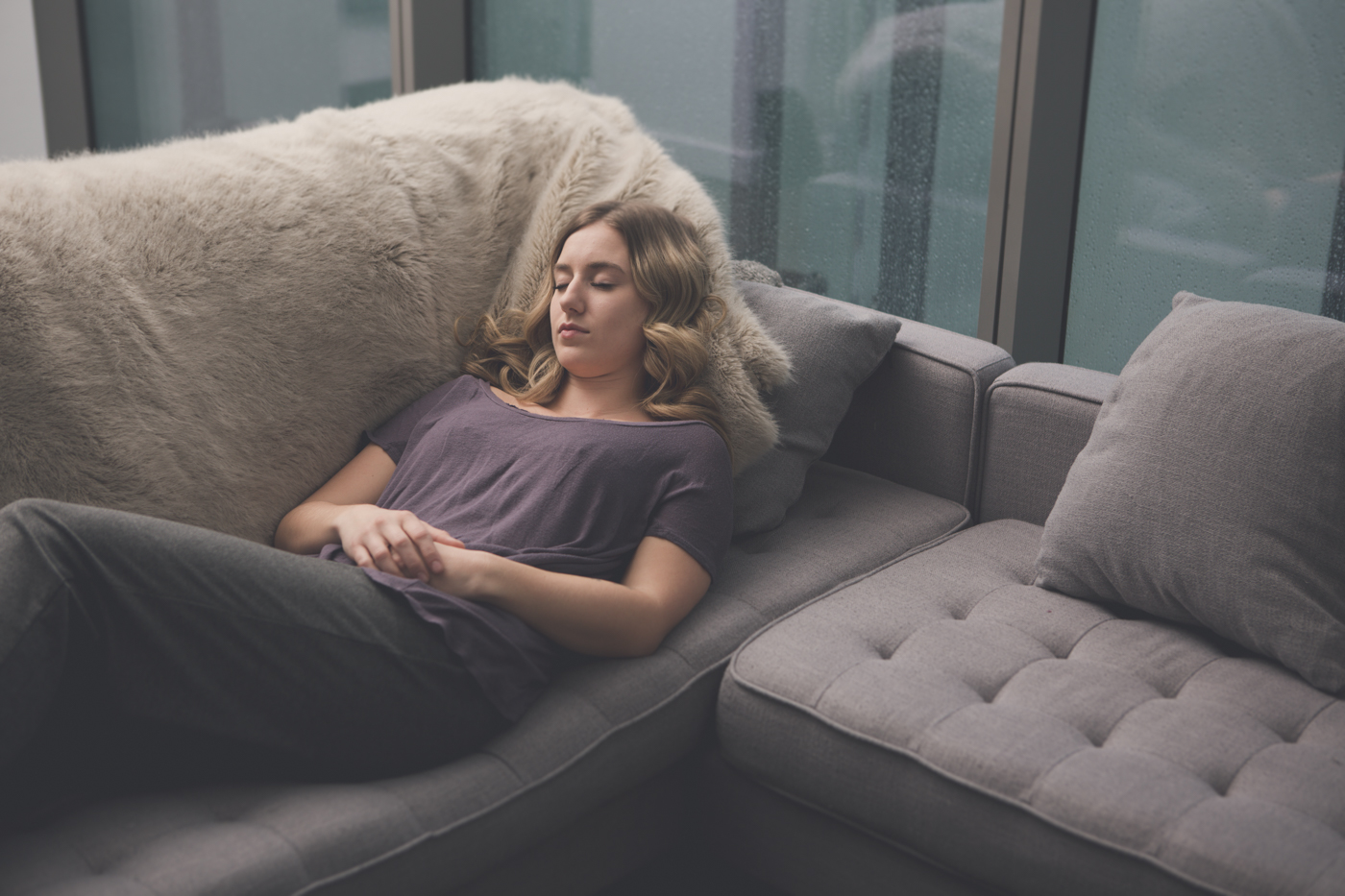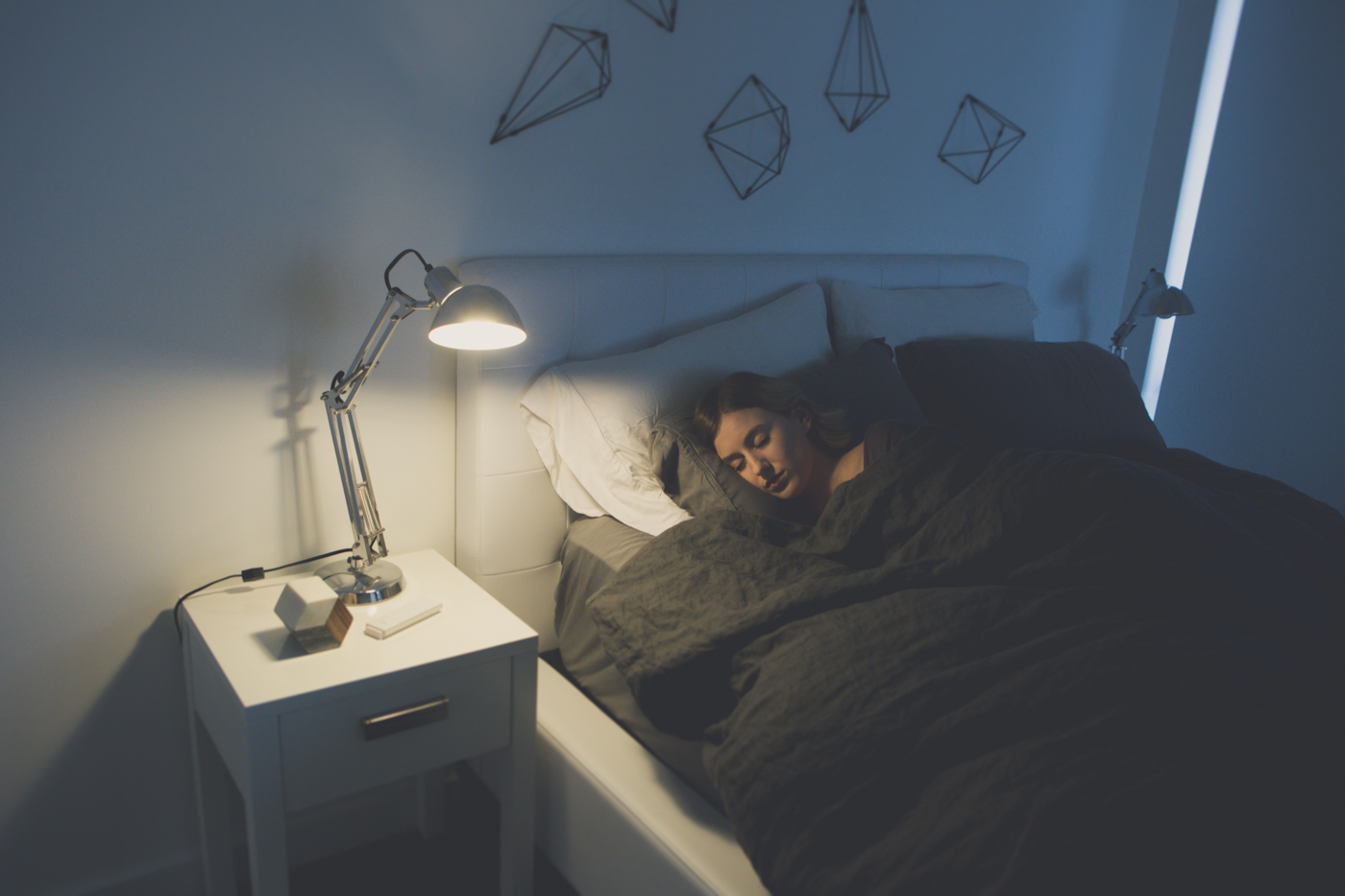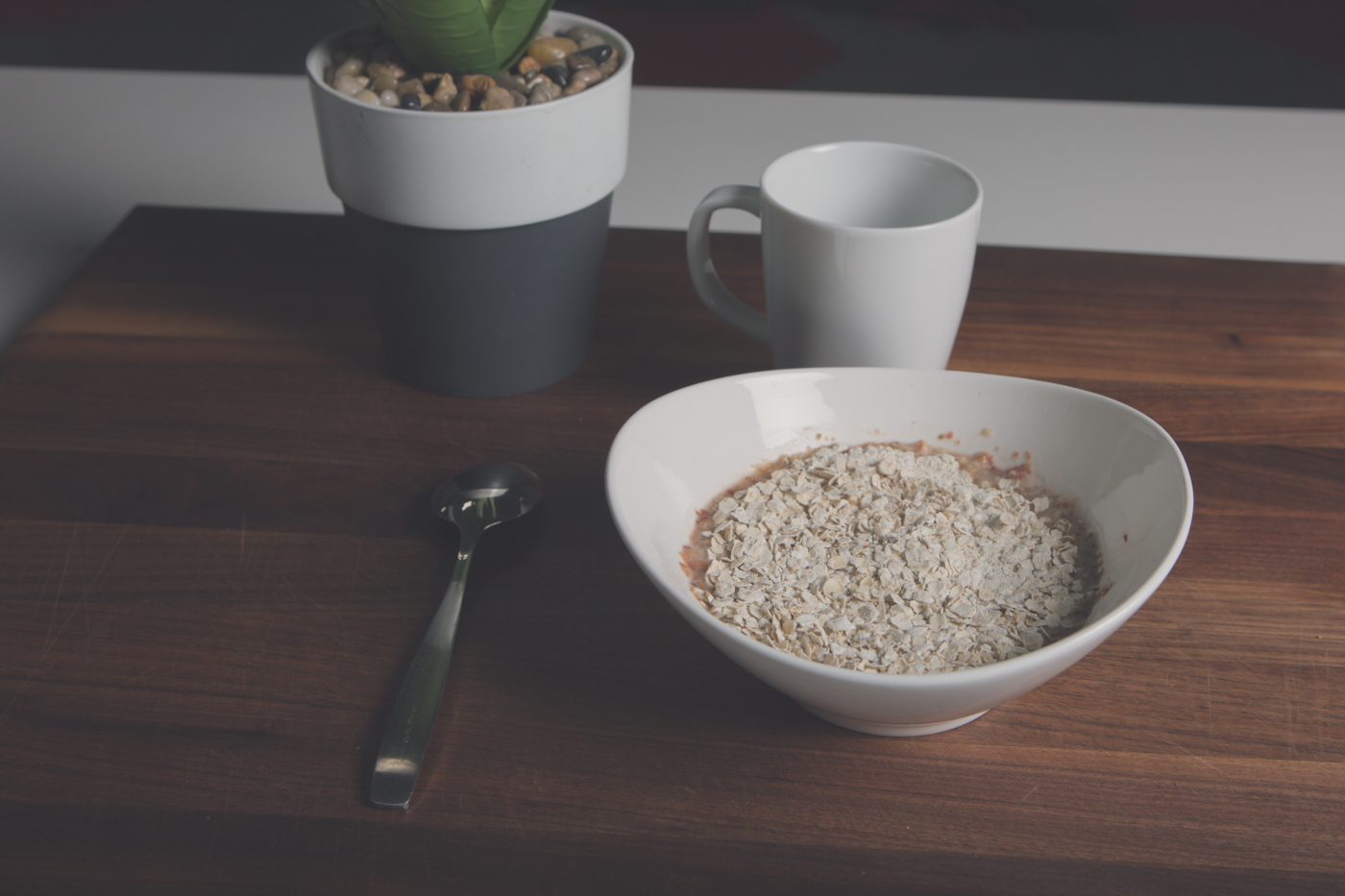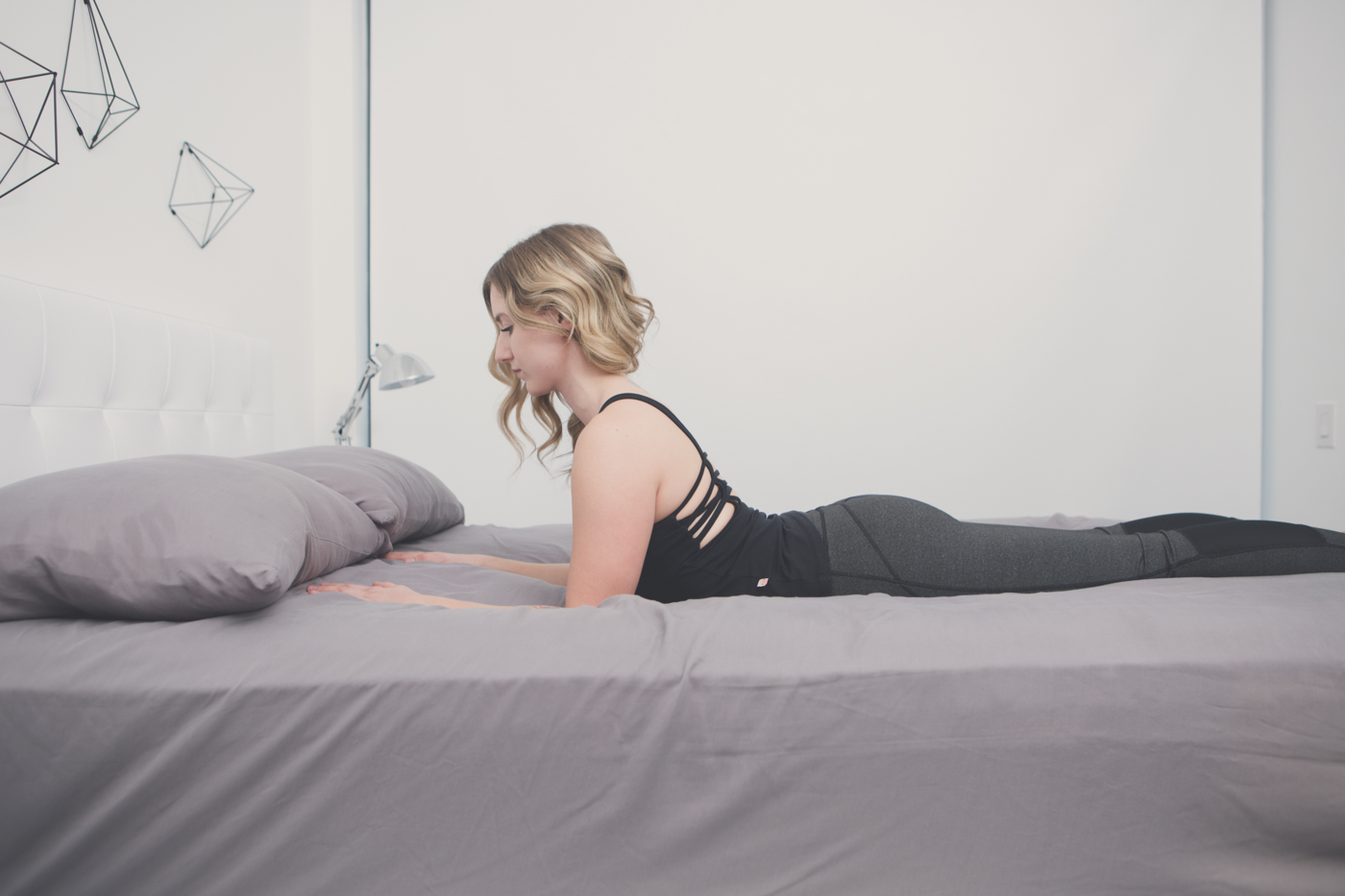Not only does sleep affect mood, but the mood and mental states can also affect sleep. Anxiety increases agitation and arousal, which makes it hard to sleep.
No doubt you’ve fallen victim to a case of the “grumpies” directly related to lack of sleep. After a night of tossing and turning, you may feel more irritable, short-tempered, and vulnerable to stress the next day. Once you’ve gotten a good night’s sleep, however, you might find that your mood has magically returned to normal.
Studies have shown that even partial sleep deprivation has a significant effect on mood. University of Pennsylvania researchers found that subjects who were limited to only 4.5 hours of sleep a night for one week reported feeling more stressed, angry, sad, and mentally exhausted. But when their normal hours of sleep resumed, they reported a dramatic improvement in mood.
There are a number of things you can do to help you relax and get the most out of your night time rest. Here are some recommendations.

Eliminate Blue Light from your electronic devices in the evening
Use an app that eliminates blue light from electronic devices like your phone and computer if you’re using them in the evening. Blue light suppresses the levels of sleep-inducing melatonin more than any other wavelength. F.lux is an effective nighttime app for your laptop to help reduce the blue light on your monitor.

Don’t shy away from a mid-day power nap
If you like napping, keep them short (20-30 minutes). Napping helps boost alertness and performance without leaving you feeling groggy or interfering with nighttime sleep.

Dim the lights closer to bedtime
Expose yourself to daylight and limit bright light exposure in the evening. Bright light can trick your body into thinking that it is still daytime by shifting your circadian rhythm. Instead, use dim lighting to help prepare your body for sleep in the evening.

Snack on something small that is high in protein and fibre.
A light snack containing protein and fibre are okay. Stay away from high carbs or refined sugars. Large meals high in carbohydrates and sugar create blood sugar imbalances that can affect your sleep quality.

Light exercises are best during the evening
Exercise regularly but avoid vigorous exercise before you turn in. Exercise promotes a more restful sleep in order for your body to recover from physical activity. But vigorous exercise, especially late-night cardiovascular exercise, can be too stimulating and affect your ability to fall asleep. Try to exercise at least 3 hours before going to bed to avoid these issues. Yoga and strength training are less stimulating and are better alternatives if you like to workout in the evenings.
